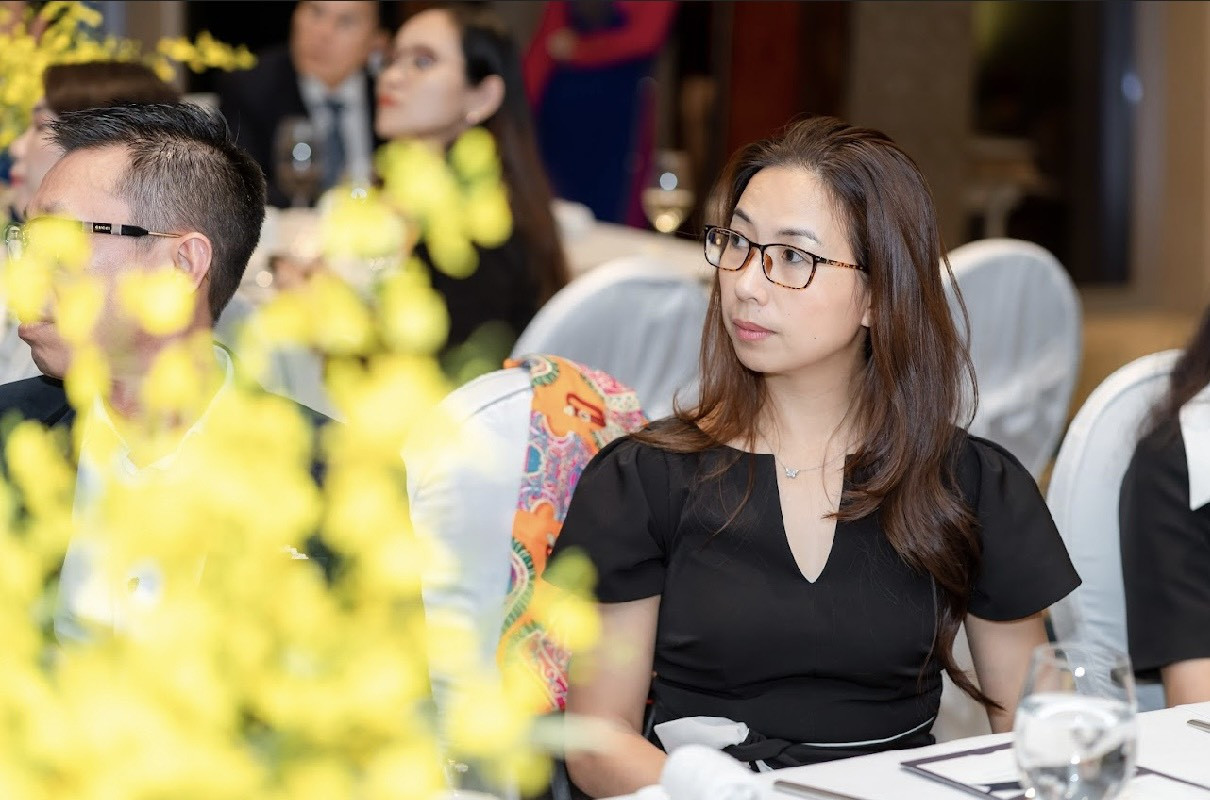
The following is the third part of an interview with Ann Huynh, president of S3i Inc, an import/export and investment consultancy, in San Antonio, Texas, in the US.
As a consultant, you have worked with many Vietnamese and American businesses. What do you think are the weakest points of Vietnamese enterprises?
Vietnamese enterprises have many strong points, but also many shortcomings as well. Previously, I worked with Vietnamese enterprises to seek partners to cooperate with foreign enterprises. Later, I worked more with import and export enterprises. I can see their hesitancy and reservation when expanding their investment abroad, especially to the US.
It is understandable. The US is geographically far from Vietnam, so the logistics costs would be high and Vietnam’s products less competitive if they had to travel a long distance before reaching the US. Vietnamese enterprises have mostly sought markets in Asia and they are satisfied with what they have gained.
Before Covid-19, many enterprises produced and sold products well in the domestic market, so they thought there was no need to build websites and run marketing campaigns, let alone try to export. Only after Covid-19, when domestic consumption began dropping dramatically, did they begin thinking of going abroad.
The first weak point lies in the way of thinking. They are easily self-satisfied, not open to the world, and not daring in making investments. They don’t dare go fishing offshore.
The second problem is a short-term vision and lack of patience to make long-term investments. This is a vicious circle, the story about the chicken and the egg. To make long term capital, you need huge long-term capital, while small and medium enterprises need quick capital turnover.
Many businesses told me that they would expand business to the US after they obtained orders from the US. However, it is difficult for them to get orders if they are not present in the US, because many American businesses don’t want to work with partners overseas.
Vietnamese businesses always want to sell their products immediately. In order to obtain orders, first of all, businesses need to do marketing and branding, and conduct surveys of clients’ behaviors, and target clients, among other activities. In general, it takes several years to be able to gain consumer confidence to boost sales.
A brand famous in Vietnam can be unknown in the US. Businesses need to spend time and money to develop brands and do marketing.
Coffee brands in the US, for example, should target large sales, rather than only try to conquer the Vietnamese community in the US. The coffee taste of Americans is different from Vietnamese. The coffee companies import raw materials from Vietnam and process coffee in their own way.
The next issue in Vietnam is flexibility. It is in fact an advantage rather than a disadvantage, but it is a shortcoming if it is abused. In some cases, the Vietnamese side changes the articles of contracts at the last minute.
The fourth weak point is the limited capability in information access, which is blamed on limited foreign language skills. Because of the lack of information, the planning and risk forecasts are poor, thus putting Vietnam’s enterprises in a disadvantageous situation.
How about the advantages of Vietnamese enterprises?
Vietnam is located in an advantageous position in ASEAN, and we not only strive to connect American and Vietnamese enterprises, but also target regional enterprises.
For the US, Vietnam is a small market, but the opportunities for enterprises are still very good, because Vietnam is a dynamic country in the region. From a macro perspective, Vietnam has great advantages thanks to a flexible, open policy.
Vietnam is open in information access, which allows Vietnam to work with US partners. I believe that now is the golden period for Vietnam.
Could you please tell us about the specific consultancy cases you have experienced?
There are numerous situations that have come unexpectedly. Sometimes, I have to give advice about things which don’t have any relation to business.
I returned to Vietnam this time together with an American businessman. I asked him to dress properly to leave a good impression at the meeting with the Vietnamese partner. However, he planned to appear at the meeting in a short-sleeved shirt which revealed tattoos on both arms.
So, the first thing I did was go with him to a store to buy a long-sleeved shirt. I think this is also the value of consultancy.
Tuan Nguyen